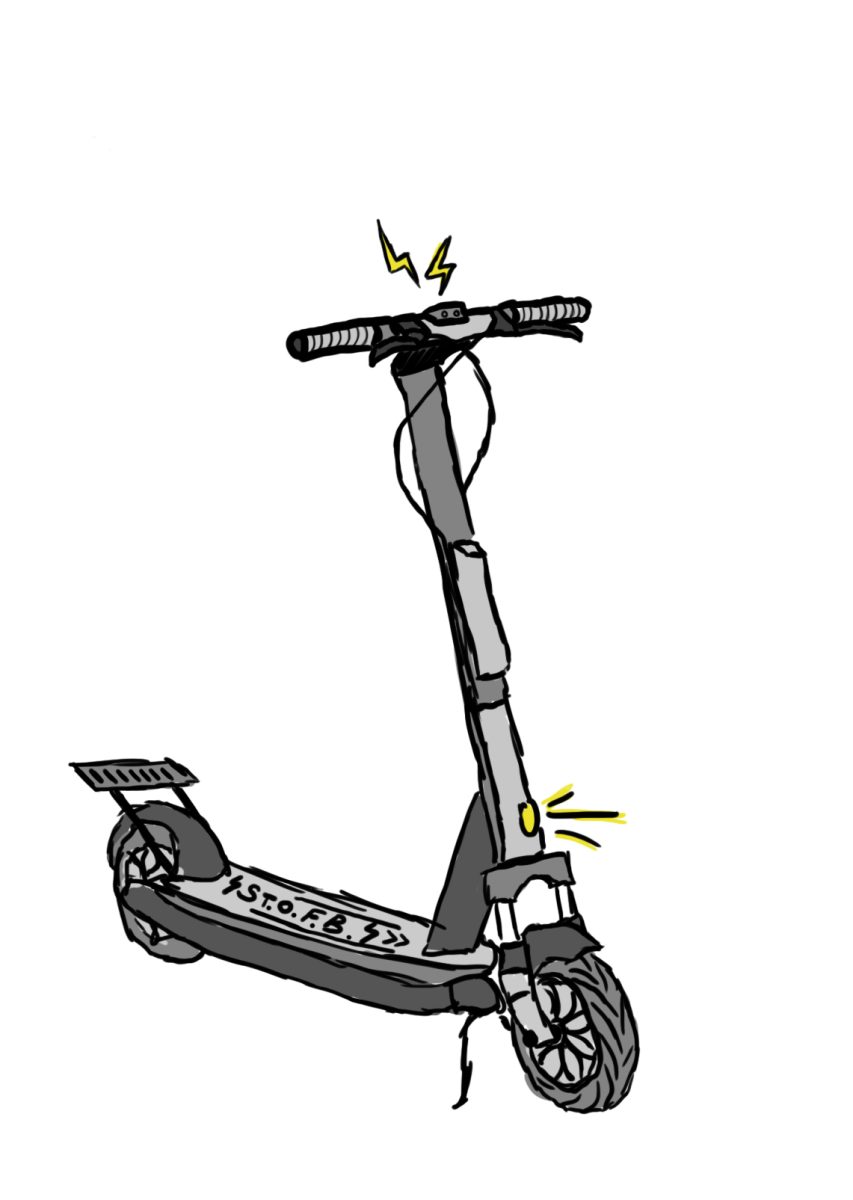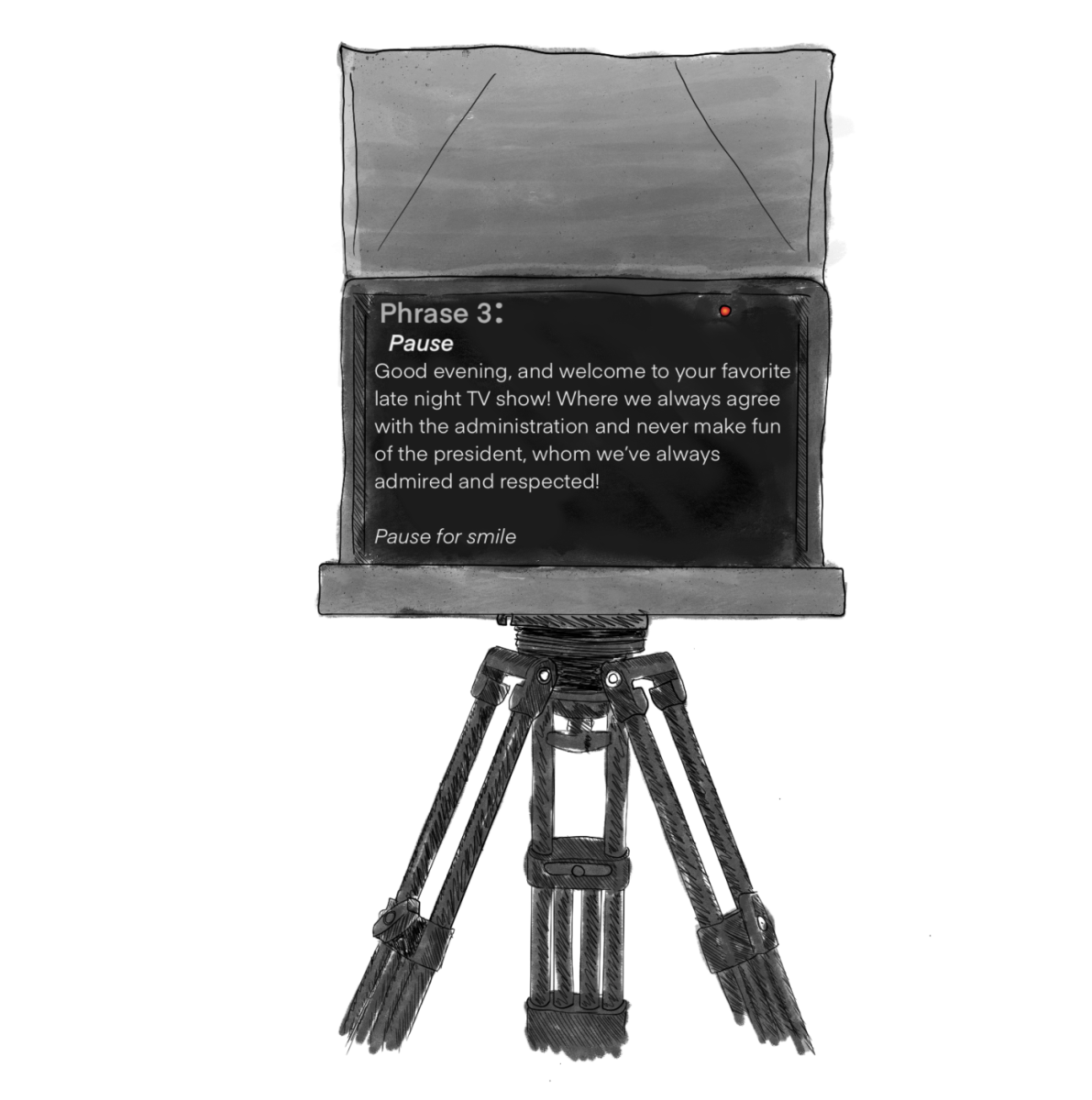When my friends ask me for book recommendations, I’m inclined to recommend something I think they will enjoy reading. Not all books should be enjoyable reads, however: just because a book is a tough read does not mean it should not be read. I preface this because my book recommendation, Martin Buber’s “I and Thou,” fits this description. At times it’s unenjoyable, sometimes undiscernable, but it will change your life.
“I and Thou” was a central text in my seminar class as a 2025 Smaby Peace Scholar at the University of Oslo International Summer School. Dialogue was a central theme of the course, and my professor, a former conflict mediator, is a disciple of Buber’s ideas. I am now a secondary disciple.
Buber, a twentieth-century philosopher, argues that humans, by nature, are relational. From birth, he argues that we seek human connection and that is what drives us to make decisions. We are only in relation, however, when we directly address the other person, when we see their value. This creates the “I-Thou.” The converse is the “I-It.”
Abstraction is Buber’s goal, in part, but once simplified, his ideas are magic.
You’re walking on the Quad, and an acquaintance is passing by. You stop to chat. When the person asks how you are, you respond truthfully, but the acquaintance doesn’t really care about how you’re doing — they’re asking as formality. This is an “I-It” relationship; there is no defined, mutual interest in this relation. You respond with the same question but are genuinely interested in how the acquaintance is doing. You give them the space to talk, engaging with their words, recognizing the power of voice. This is an “I-Thou” relationship: genuine recognition of the other. Buber believes that this is what humans must do to live meaningful lives, to make meaningful connections, to positively impact the world.
Philosophy is not for everybody — including myself. Usually, I opine that good, interesting writing should not have to be read three times for someone to understand its message. “I and Thou” is an exception. I often spent seven minutes trying to understand one page. It was tedious, but what I gained from reading will serve me for life. Ultimately, “I and Thou” successfully conveyed its message.
Good philosophy is like a good cocktail: it’s challenging to drink, the strength of the alcohol permeating the senses, but if it’s consumed at a slow, comfortable pace, you realize how good the whole experience is. After finishing the cocktail, the buzz you feel makes the whole process worthwhile. That is “I and Thou.”
I exist to connect with others. While I sometimes fail, I try to approach every interaction with intention because the world is better when its inhabitants are “Thou.” However you decide to read “I and Thou,” commit to it: read two pages a day, use GoodNotes for every section, or treat it like a Bible, devoting yourself to its study. No book has had as profound an impact as “I and Thou,” and I sincerely hope it can do the same for you.







